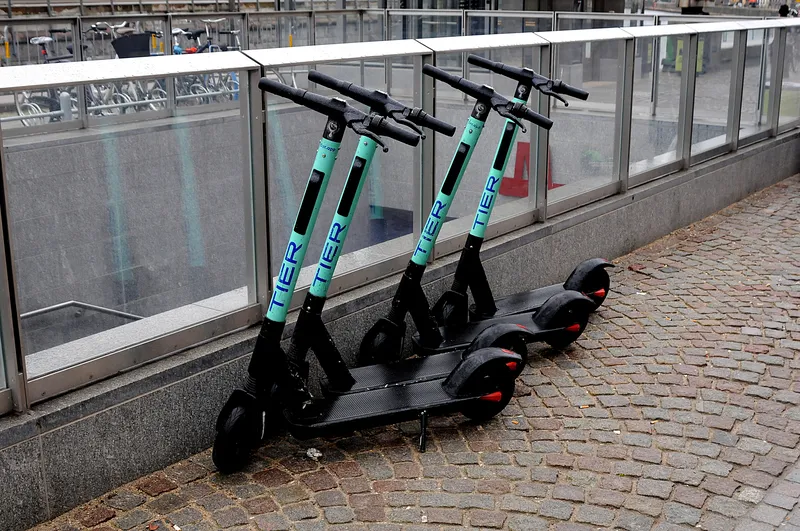The UK Vehicle and Operator Services Agency (VOSA) is to introduce remote enforcement for more compliant transport operators. The remote enforcement office (REO) will be tested by VOSA in an initial six month trial scheduled to start in October.
September 17, 2013
Read time: 2 mins
The UK Vehicle and Operator Services Agency (VOSA) is to introduce remote enforcement for more compliant transport operators. The remote enforcement office (REO) will be tested by VOSA in an initial six month trial scheduled to start in October.
VOSA examiners currently visit an operator’s premises to inspect vehicles; the REO will request relevant information to be sent to its office where it will be reviewed and recommendations made to the operator.
According to VOSA, introducing an efficient, less burdensome method for dealing with the more compliant operators will release resources to target the serious/serially non-compliant operator. The more encounters a non-compliant operator has the greater the cost to their operation, thus removing any competitive advantage by running a non-compliant operation.
VOSA will use an operator’s history of compliance to identify those most suitable for this approach and will monitor data from these operators to ensure they remain complaint.
Commenting after the recent Freight Transport Association Transport Manager Conference, VOSA’s Richard Denby said: “VOSA has been listening to feedback from the industry and the Trade Associations, especially the FTA and are looking to change the way we deliver enforcement. We want compliance to equal good business value, and to ensure that a non compliant operator does not have a competitive edge over a compliant operator and cannot have a greater profit margin than a compliant operator. We want a level playing field so that non compliant operators cannot unfairly bid for contracts above a compliant operator.”
VOSA examiners currently visit an operator’s premises to inspect vehicles; the REO will request relevant information to be sent to its office where it will be reviewed and recommendations made to the operator.
According to VOSA, introducing an efficient, less burdensome method for dealing with the more compliant operators will release resources to target the serious/serially non-compliant operator. The more encounters a non-compliant operator has the greater the cost to their operation, thus removing any competitive advantage by running a non-compliant operation.
VOSA will use an operator’s history of compliance to identify those most suitable for this approach and will monitor data from these operators to ensure they remain complaint.
Commenting after the recent Freight Transport Association Transport Manager Conference, VOSA’s Richard Denby said: “VOSA has been listening to feedback from the industry and the Trade Associations, especially the FTA and are looking to change the way we deliver enforcement. We want compliance to equal good business value, and to ensure that a non compliant operator does not have a competitive edge over a compliant operator and cannot have a greater profit margin than a compliant operator. We want a level playing field so that non compliant operators cannot unfairly bid for contracts above a compliant operator.”










